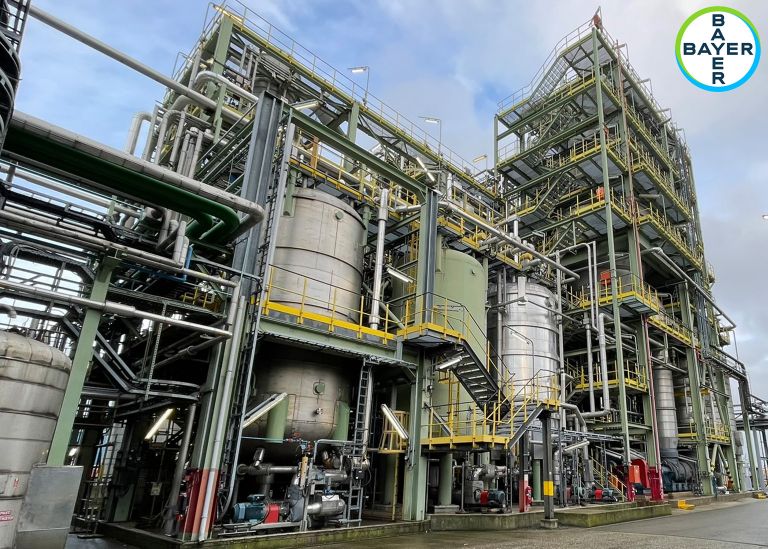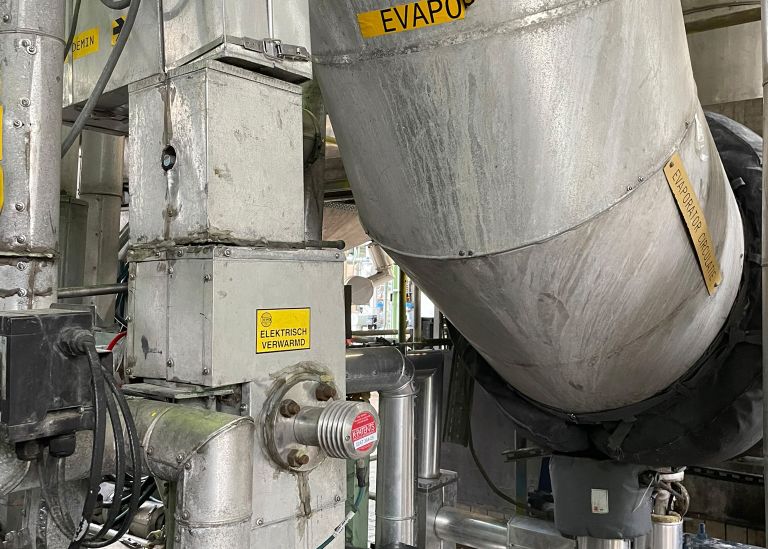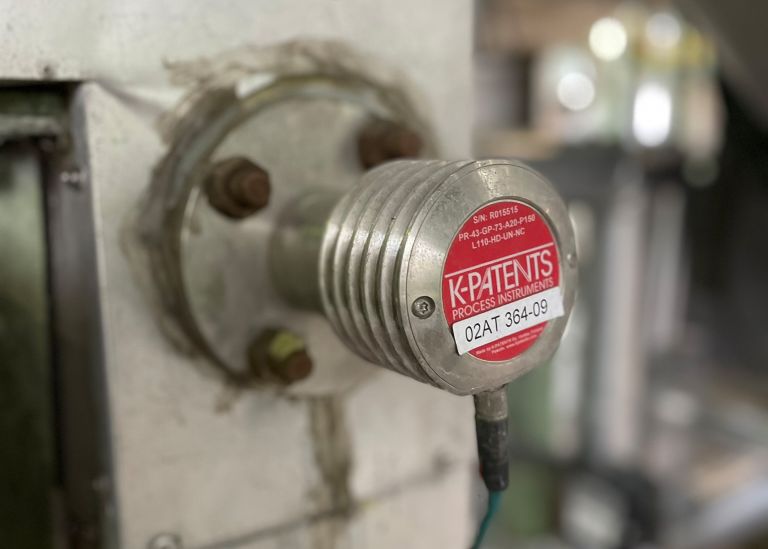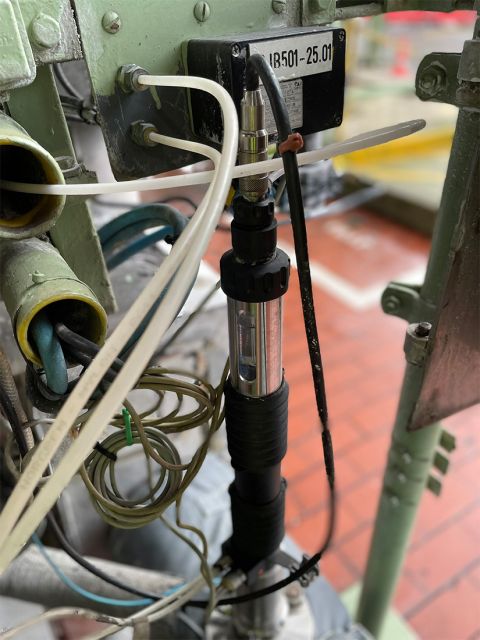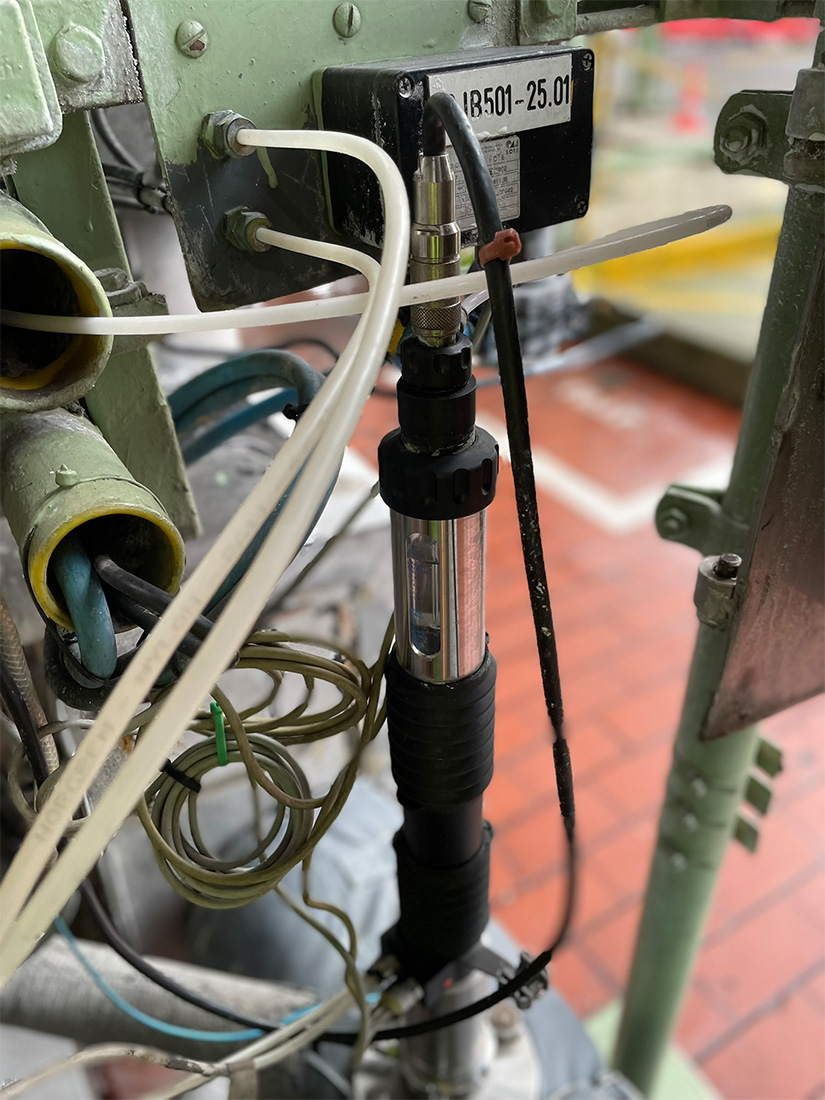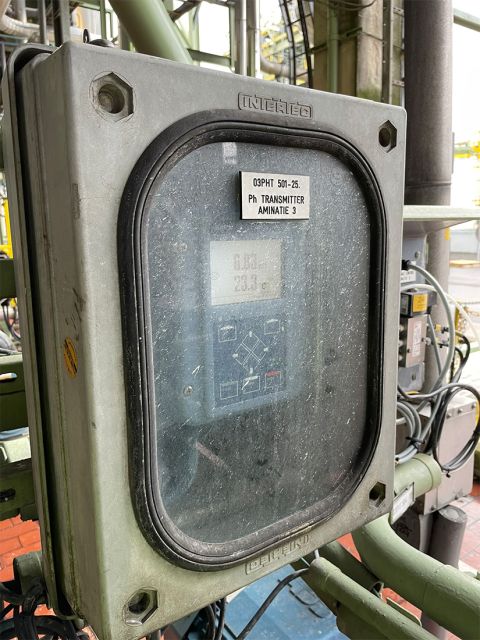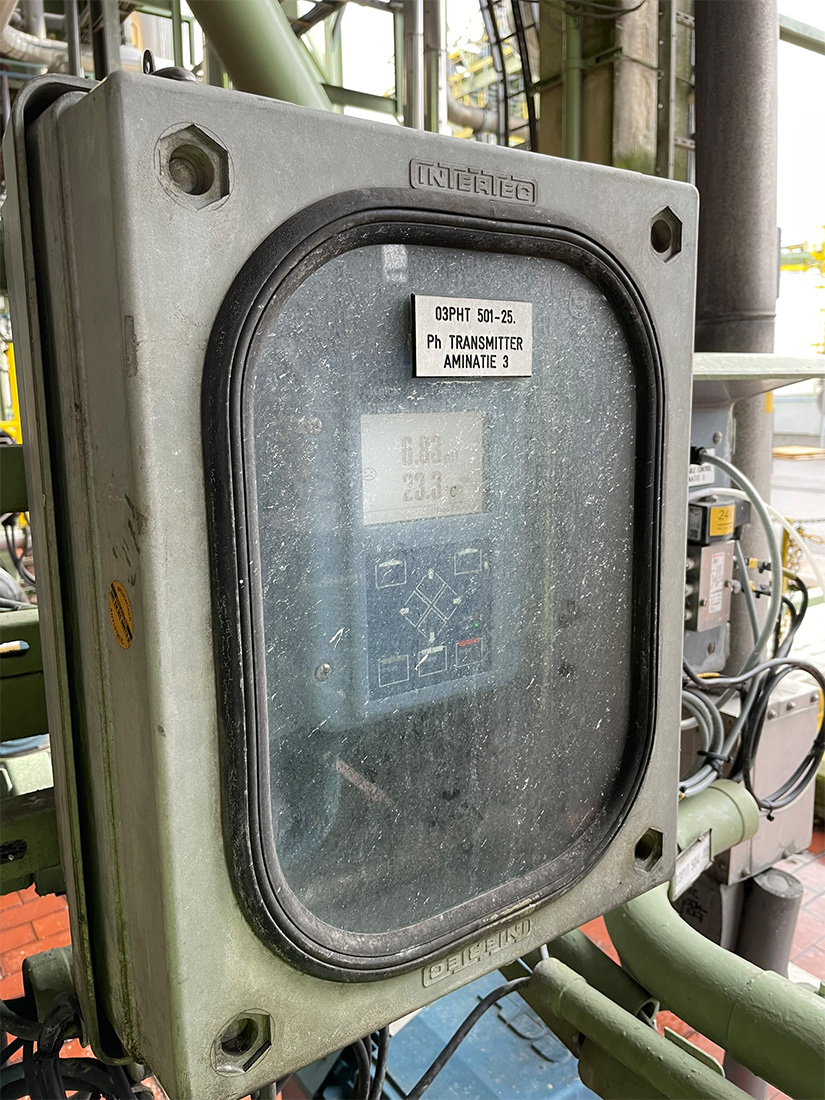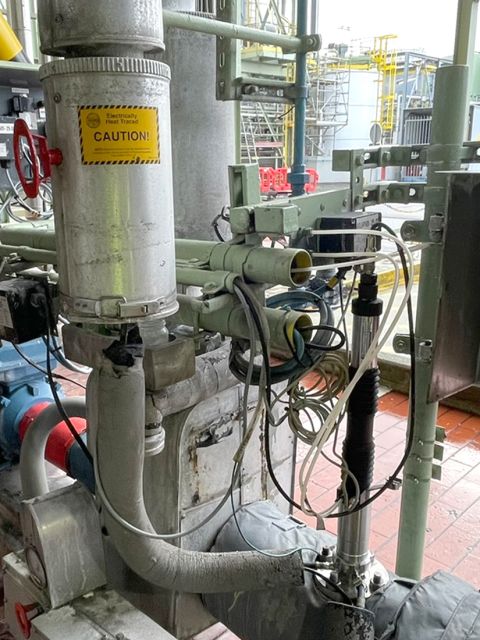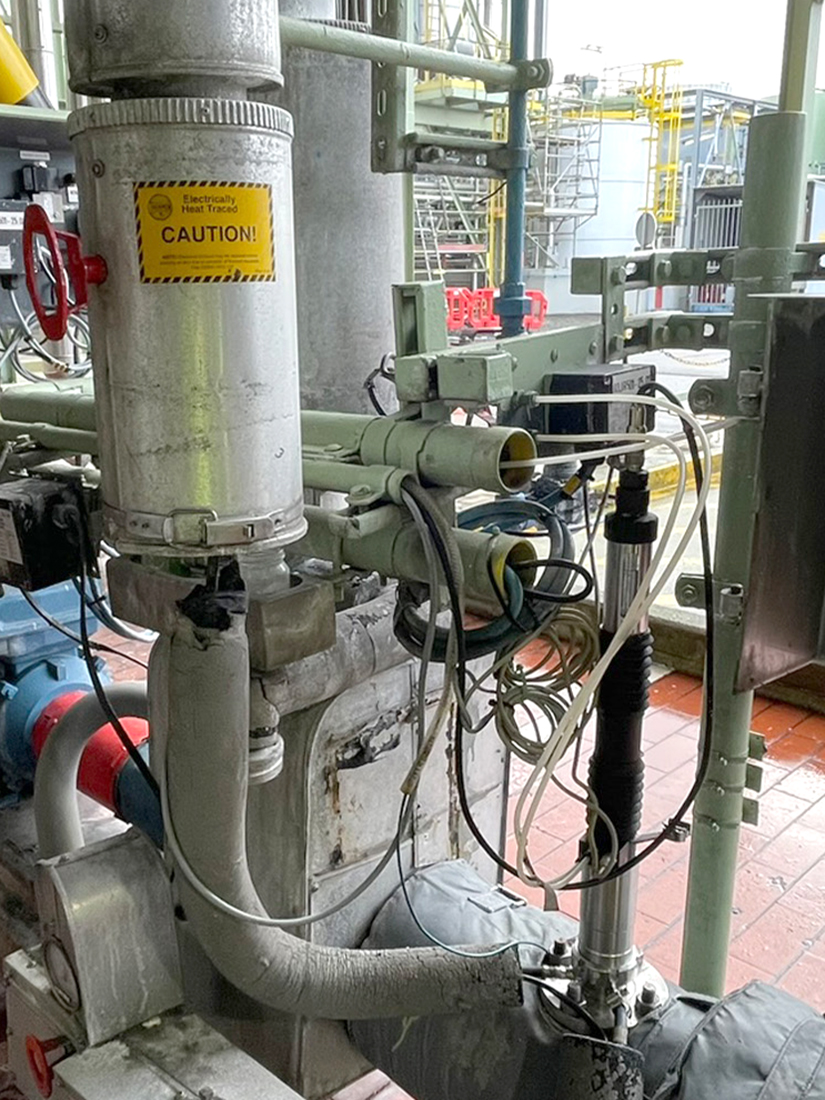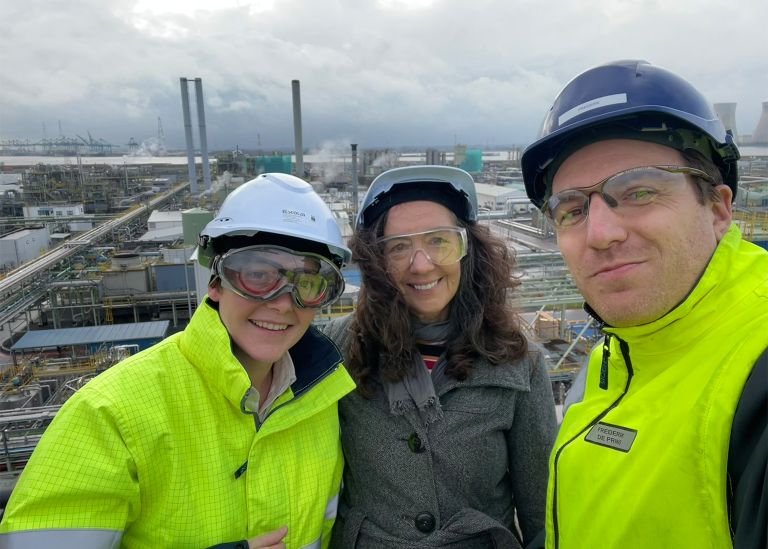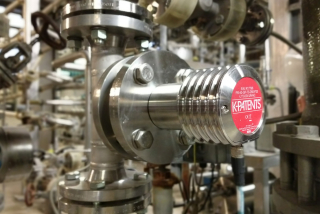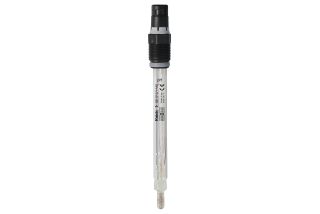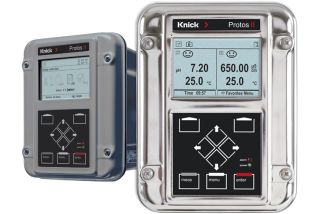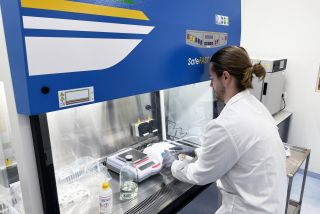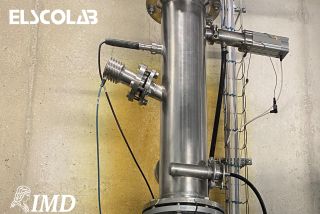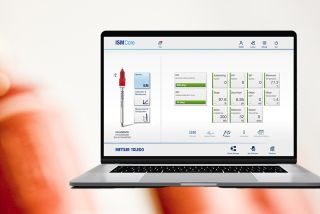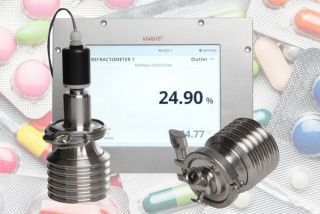
Case study: Guaranteed product quality and cost savings through inline refractometry and pH measurement
Bayer Agriculture, global leader in crop protection products and seeds
Bayer is an international company that is committed to innovations in healthcare and agriculture. The organisation consists of 3 divisions, namely Pharmaceuticals, Consumer Health & Crop Science.
Bayer Agriculture, located in the Port of Antwerp, falls under the Crop Science division. They create innovation in agriculture by cleverly combining biology, chemistry and digital tools.
The company has been producing chemicals at this site since 1966, including plant protection products for the European, African and Asian markets. They aim to achieve the most sustainable approach for farmers with their innovative products.
What is it all about?
Glyphosate is produced at the Antwerp site. Before it becomes a usable product, the glyphosate has to be further concentrated. This happens in an important first step involving a classical crystallisation process. The final result is a pure glyphosate crystal. As standard, they aim for 20-25% solids concentration with the crystalliser. It is precisely this parameter that process operators want to control as much as possible.
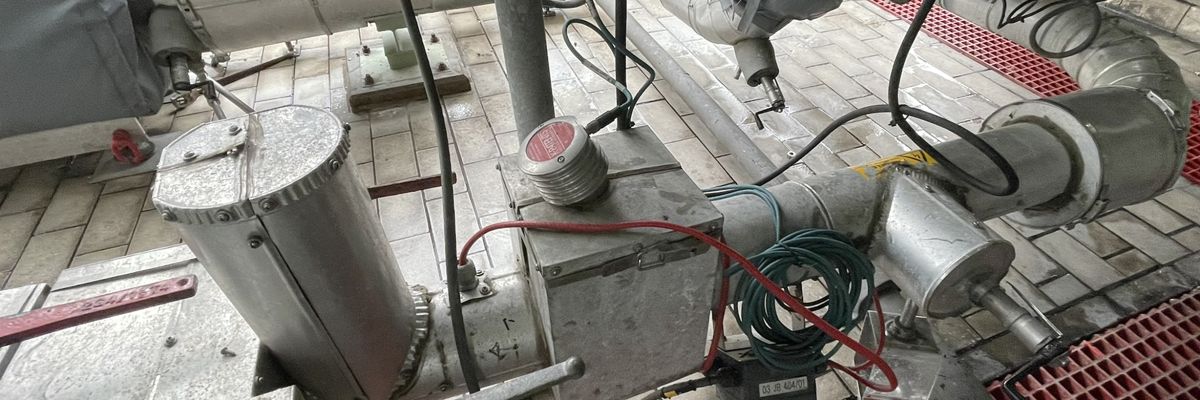
Refractometry to reliably control the process, while also saving costs
If the solids concentration is too high, the crystallisers and heat exchangers will become dirty. This will prevent the steam from being utilised optimally, which in itself has major cost implications (natural gas and CO2). If the solids concentration can be kept on point, clear cost savings can be achieved, which makes it a sustainability project for Bayer.
In the past solids concentrations were monitored using online density measurements. This came with limitations, however. The concentration obtained from the density measurement was therefore affected by impurities in the liquid. Bayer set out to find a measurement technique that could measure the total sum of impurities in the liquid phase. Refractometry is the precise technique of measuring the total dissolved solids in a liquid, without influence of particles, colour or gas bubbles. Inline refractometry is used to correct density for impurities. The correct solids concentration is therefore now measured inline in real time.
When the Vaisala K-Patents refractometers were implemented, they built in correlation. By taking different samples over a period of one month on the three crystallisers, a clear variation was obtained in the solids concentration. In this way, the solids concentration could be linked to the density measurement and the Refractive Index (RI) measurement. A relationship was ultimately drawn up with statistical tools, for example, from which a comparison emerged, and that comparison was plugged into the DCS systems.
With the introduction of the measurements, a control system was also immediately implemented, with the obvious result being a huge reduction in the variation in solids concentration. The use of steam also became 3-4% more efficient, ultimately resulting in less maintenance of the heat exchanger. A great cost saving overall!
Thanks to Elscolab's expertise, we landed on the parameter of refractometry. From there, we settled on a good selection and configuration of the device, tailored to our needs. This allowed us to confidently implement the right solution.
Frederik De Prins
Process Engineering Lead Bayer Agriculture
Refractometry as the final product quality control
Being aware of the amount of impurities in the process at any time allows the data to be used for better process control, with the aim of improving the quality of the final product - the glyphosate crystal.
They instantly know whether they are within specifications or not. This allows for timely intervention. The impurities in the process are linked to the upstream reactor catalyst. By using the refractometer, the process can be steered in real time towards better product quality.
Refractometry as a control for product identification of raw materials
A project on formulation was also initiated on the back of the good experience with the crystallisers. Before it can be formulated, some additional raw materials need to be unloaded, and this is precisely where the refractometer provides added value. It will perform an inline product identification, which has an economic as well as a safety aspect. Discharging the wrong product is now ruled out.
We are immensely happy with the Vaisala K-Patents inline refractometers. The advantages of this robust measurement include the fact that it is maintenance-free, you don't need to calibrate it, it can handle solids and is also not disturbed by gas bubbles.
Frederik De Prins
Process Engineering Lead Bayer Agriculture
Robust pH measurement for challenging conditions
PH also plays a role in the glyphosate production process. Measuring glyphosate salt comes with some challenges, including its viscous property and the presence of potassium ions. This makes it very challenging to measure using standard pH sensors. After extensive testing with various sensors from different manufacturers, they arrived at a designer sensor (overpressure sensor with its own electrolyte) thanks to Elscolab expertise. In addition to good performance of the sensor, equipped with a transmitter and performant housing, they can count on several months of trouble-free use. Before the designer sensor, replacements were made on a weekly basis.
Why work with ELSCOLAB?
"Elscolab has acted as a reliable consulting partner time and again. They keep working with us until we have found a solution. Other suppliers are quick to state that they cannot help us, but Elscolab keeps working on it. Moreover, rather than selling a product, they provide complete solutions. This service ensures that they provide clear added value for us as a partner."
Frederik De Prins - Process Engineering Lead Bayer Agriculture
In the future
Collaboration with Elscolab is well established and no doubt this partnership will continue with the upcoming measurement challenges. We are already looking forward to a continuation of the good relationship.
